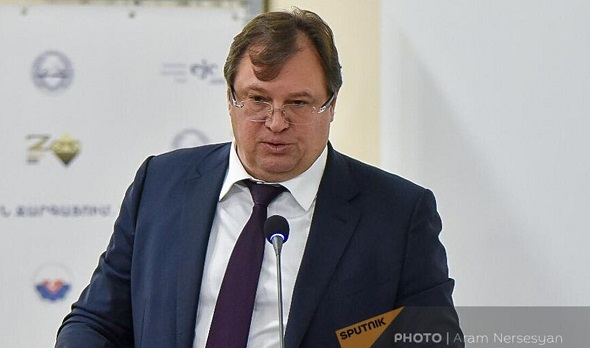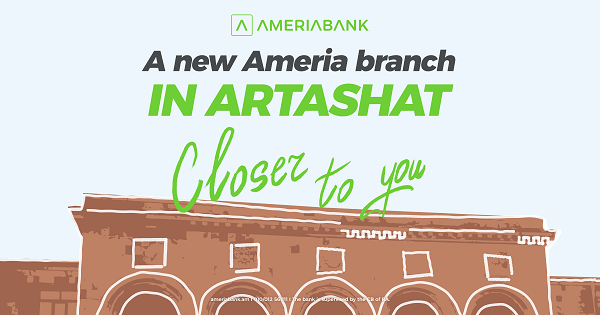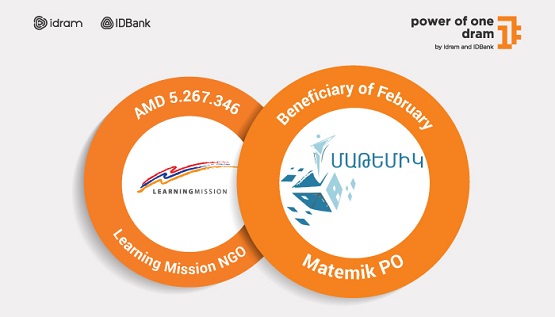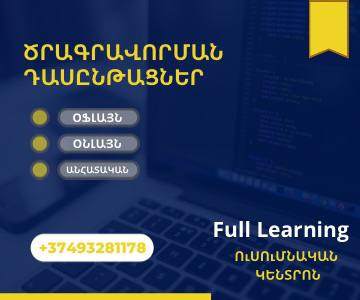Performance has improved significantly։ Armenia Zangezur Copper-Molybdenum Combine General Director
The Combine has big ambitions of catching up with the world's leading companies in the field...

The Zangezur Copper-Molybdenum Combine (ZCMC) of Armenia has big ambitions of catching up with the world's leading companies in the field, the combine is making efforts to modernize, including in relation to environmental and other issues.
In an interview with Armenpress, Roman Khudoliy, General Director of Zangezur Copper-Molybdenum Combine and President of the GeoProMining Group of Companies, assured about this, also addressing a number of issues, including how the fact of the Armenian government being a co-owner has affected the work of the combine, and what opportunities it has given.
The Zangezur Copper-Molybdenum Combine continues to hold leading positions in the list of major taxpayers in Armenia. Since May 2022, when you took over the management of the combine, the taxes paid to the state budget increased sharply. In 2022, record revenues were recorded; as a result of the fourth quarter: 143,933,308,000 drams. However, according to the results of the first quarter of 2023, that indicator decreased, although the combine is the second largest taxpayer, paying a total of 15,487,727,000 drams in taxes to the state budget. But in the same period of the previous year, the taxes paid by the combine were almost twice as much. How do you explain the decrease? What factors contributed to this?
Mining is a cyclical business, and drawing conclusions based on three months' results is a useless effort. Although, if we analyze the first quarter, we will see that almost half of the taxes paid for the first three months last year were debts from previous years. In addition, there has been a change in the royalty taxation system. And on the contrary, in the first quarter of this year, compared to the first quarter of 2022, we have increased basic tax payments, royalties have doubled, similarly payments of profit tax have increased, income tax and social payment have increased by 9 and 22 percent, respectively, and other taxes and duties have increased by 54 percent. So, according to the results of the first three months, our team showed a good result, as a result, considerable taxes were paid the country's budget. Moreover, this happened in such conditions when the dram exchange rate saw a considerable increase, and this had a very negative impact on the sector.
Mr. Khudoliy, what effect does the unstable state of international metal prices and fluctuations in the dollar exchange rate have on the company's profits? How do you take advantage of the opportunities created and vice versa? How do you compensate for the loss when prices fall? At the moment, what is the situation in terms of international prices, and how is the company in this context?
As I already said, mining is a cyclical business, and contrary to popular opinion, it is far from "easy money" and profitability is far from being always guaranteed. There are years of falling global prices, and the mining industry has to tighten its belts while waiting for prices to stabilize. Exchange rate fluctuations, inflation, significantly affect profits. In some cases it is impossible to compensate, but in general, the only way to compensate is to work as efficiently as possible, reduce unnecessary costs, and optimize the work of all structures in the company.
When mining companies say "unnecessary costs," they are primarily referring to the costs of environmental and social activities. Are you planning to reduce such expenses?
Environmental and social costs are never unnecessary if they are properly planned and aimed at the fulfillment of the company's obligations before the law and the obligations of a socially responsible company. So, these are the domains where the planned should be implemented in any case. However, there are cases, when the industry is overloaded with taxes, or there are extremely unfavorable external factors of a political or market nature, which, contrary to desire, significantly reduce the possibilities of expansion of social projects.
The Armenian government has been a co-owner of the combine for about two years. How did this fact affect the operation of the combine? What opportunities did it provide during this time?
Effective cooperation between the state and an enterprise of this size in any country always gives any country the opportunity to use its resources as efficiently as possible in the first place. I believe that we already have tangible results of increasing the company's productivity. The government is not directly involved in the operational management of the enterprise; in this regard we do not have a special work regime. All the strategic plans of the combine are the result of our joint activity with the government. In all other respects, the same requirements apply to us as to all enterprises in the sector: to monitor the effective use of resources for the benefit of the people and the country.
In your opinion, what is the role of the combine and the mining sector, in general, in the growth of Armenia's economy?
Today, new opportunities are opening up for mining industry around the world. Transition to alternative sources of energy, electrification of transport require three, four, in some cases even tens of times more metals than before for. This means that new opportunities are emerging for all countries with mining potential to expand the mining sector, attract new investments, gain access to new markets, and thus provide tangible economic results. In this sense, this is a period of opportunities for the mining sector of Armenia. And in this context, the ZCMC, which is now the locomotive of the country's economy, can be a leader not only in the economic transformation and modernization of the mining sector, but can also indirectly influence other related sectors of the economy: construction, transport, metallurgy, and other sectors.
What plans and things to do does the ZCMC have in the near future? Previously, a statement was made about the need for a new tailings dam. Has that statement been re-evaluated today? What work is being done in that regard? Has the location of a possible new tailings dam been chosen?
The GeoProMining Group of Companies has started to develop a comprehensive strategy of the company from the very beginning of taking over the management of the Zangezur Copper-Molybdenum Combine in 2021. We consider the strategy on the tailing dam an important part of the company's overall development strategy. A number of development scenarios are being considered, including in connection with the tailing dam. And in order not to make promises isolated from the overall strategy, I can assure that in the center of all of our decisions we put the efficient operation of the combine, the safety of our communities, and the compliance of all units of our combine with the best international environmental standards.
What steps does the combine take to minimize environmental risks and meet global environmental, social, and governance standards?
We strive to be not only competitive, but also gain leading positions in the world market, taking into account that today the ZCMC is one of the ten leaders of molybdenum producers in the world. In parallel, maximum efforts are being made to modernize the combine, including our approach to environmental, social, and governance issues. Today, it is impossible to imagine a modern mining company without it. We have big ambitions to catch up with the world's leading companies. And these ambitions imply daily hard work of our sustainable development team. For example, work is now underway on carbon footprint reporting of the company's activities in accordance with the TCFD (Task Force on Climate-Related Financial Disclosures) international reporting standards. No one has demanded it from us yet, but we want to be proactive, while being a leader not only in production, but also in sustainable development.
It was also planned to build a copper smelter in Armenia. At what phase is the work at the moment? When will the project be ready? Is it known definitively where it will be built and what opportunities it will provide?
Currently, two large international companies are developing a preliminary feasibility study for building a smelter for us. This feasibility study will present in detail the technological approaches and all aspects of smelter construction and operation.
We also know that after another targeting of the Azerbaijani armed forces, the work of the Sotk gold mine was stopped due to security reasons, it is not being operated at the moment. What will be the fate of the mine? When can it be operated again?
We are working closely with the Armenian government on this matter.












